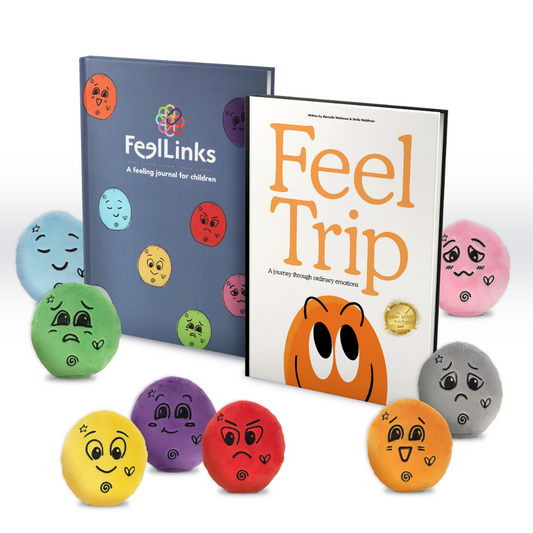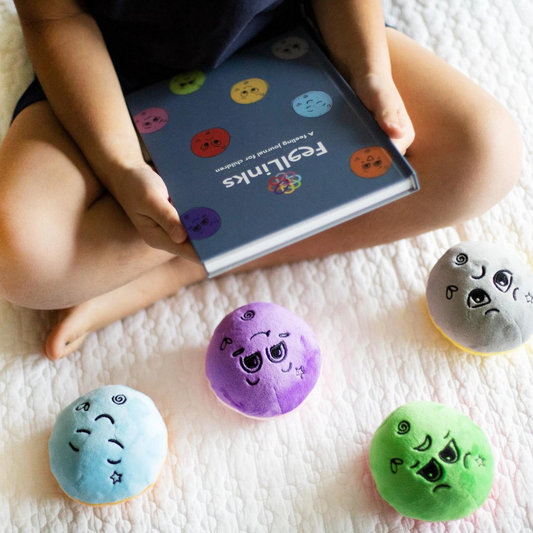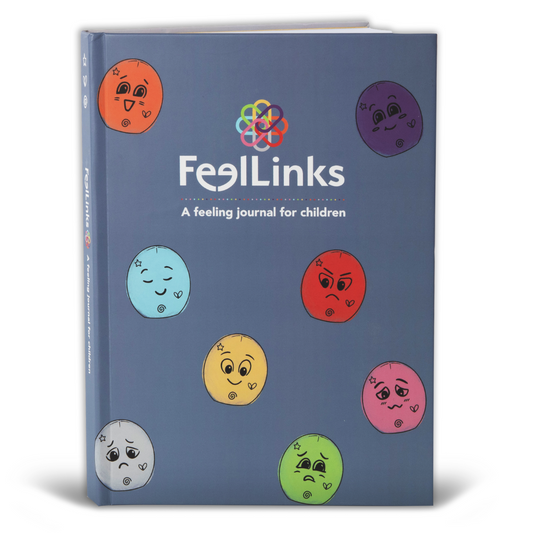Why We Cannot Dismiss Children's Emotions
Share
Seattle Mariners Spring Training, Peoria Arizona
When our daughter was younger she was often apprehensive about jumping in to try new things. However, with some adult validation, listening, and open-communication, and taking time to watch, she would most often choose to participate in new things. Now, a teenager, she has similar responses as she cautiously thinks through situations on her own or comes to us to share openly.
“Acknowledging isn’t agreeing with or condoning our child’s actions; it’s validating the feeling behind them.”
– Janet Lansbury
Children are often seen as resilient - capable of bouncing back after setbacks with ease. However, this perception can lead adults to being dismissive or downplay children's emotions. It's critical to recognize that children experience a wide range of emotions just like adults, and these emotions play a crucial role in their development and well-being.
Acknowledging children's emotions validates their experiences and helps build trust and safety between adults and children. When adults dismiss or ignore children's emotions, it can send the message that their feelings are not important or valid, which can lead to a lack of trust and communication in the long run.
Emotions serve as a signal for children to understand and navigate their world. By acknowledging and discussing emotions with children, adults can help them develop emotional intelligence, which is crucial for managing relationships, making decisions, and coping with challenges through out life.
Dismissing children's emotions can have long-term effects on their mental health. Research shows that suppressing emotions in childhood can lead to difficulties in regulating emotions as adults, which can increase the risk of mental health issues such as anxiety and depression.
Children's emotions often reflect their underlying needs and concerns. By paying attention to children's emotions, adults can gain insight into what children are experiencing and address any underlying issues or needs they may have.
Dismissing children's emotions is detrimental to their well-being and development. By acknowledging, validating, and discussing children's emotions, adults can support their emotional growth, build trust and open-communication, and ultimately help them navigate their world with greater confidence and resilience.
Just as the quote by Janet Lansbury states at the top of the article - “Acknowledging isn’t agreeing with or condoning our child’s actions; it’s validating the feeling behind them,” validating does not mean we agree or condone. However, what it does mean is we are letting a child know that their thoughts and internal experiences are heard, understood and valid. When we validate we are acknowledging and communicating that we understand their reasons for their emotions, we are caring without being judgmental and children feel like they matter!
FeelLinks journal, plush dolls and our award winning book, Feel Trip: a journey through ordinary emotions, were all created to support adults in supporting children to grow their emotional intelligence skills. Our hands-on tools to were specifically created to support growth in open-communication, greater self-awareness in understanding one's own emotions, greater emotional vocabulary to better label emotions, a broad variety of self-management/emotional regulation skills and so much more! So grab them for your child, students, and patients - I can assure you our meaningful and darling tools will support children in critical life skills.
xoxo Marcelle
PS **If you want more on this topic, you ought to register to attend my presentation at the Resilience Rising Conference powered by Empower Youth Network. This FREE VIRTUAL conference will be held on Friday, March 8th - my presentation will be at 1:45pm PST. You can register HERE. If you cannot make it the day of, you can watch the recordings up to 3 months later, but you must be registered.
EXTRA BONUS! You can earn up to 5 OSPI or American Psychological Association clock hours for attending.






